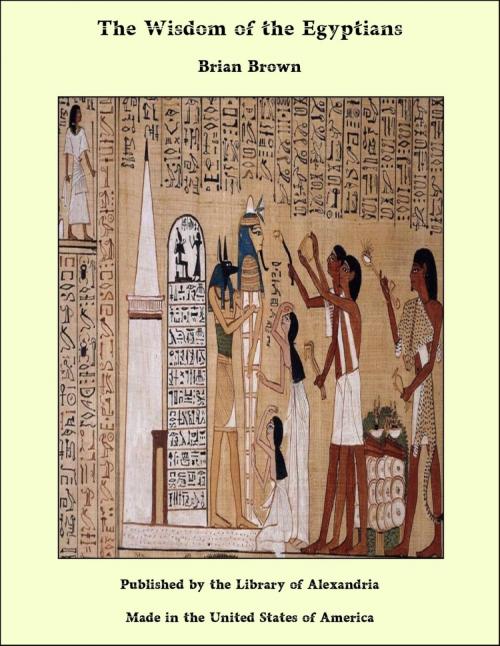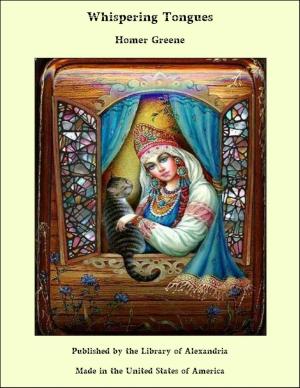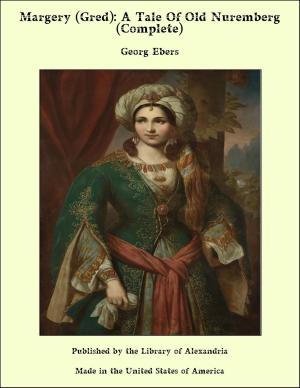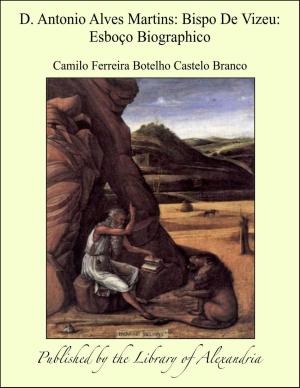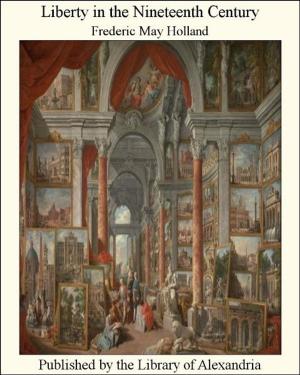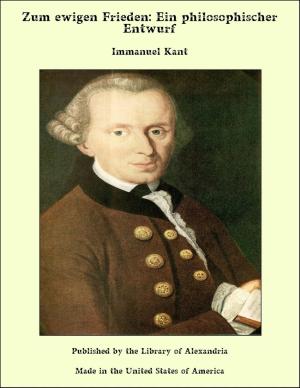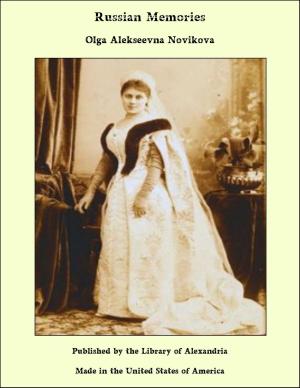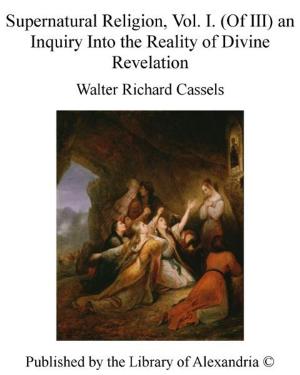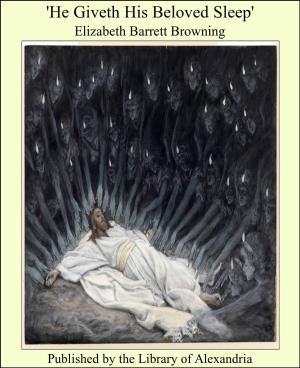The Wisdom of the Egyptians
Nonfiction, Religion & Spirituality, New Age, History, Fiction & Literature| Author: | Brian Brown | ISBN: | 9781613101865 |
| Publisher: | Library of Alexandria | Publication: | March 8, 2015 |
| Imprint: | Language: | English |
| Author: | Brian Brown |
| ISBN: | 9781613101865 |
| Publisher: | Library of Alexandria |
| Publication: | March 8, 2015 |
| Imprint: | |
| Language: | English |
If we were called upon to characterize the Egyptian religion in a few words, we should call it, both as a system and as a cult, an almost monarchical polytheism in a theocratic form. The Egyptian polytheism was not purely monarchical, for there were several divine monarchies; and only by the somewhat arbitrary doctrine that all the chief gods were in reality the same under different names, could the semblance of monarchy be maintained. But this religion was undoubtedly theocratic in the strictest sense of the word. The divinity himself reigned through his son, the absolute king, his incarnation and representative on earth. The priesthood of Amon, strengthened by its victory over the heretic, and by the measureless wealth which the munificence of successful conquerors poured into its lap, had attained the most tremendous power in the state; and when, after a long time, its members had reduced the king to weak tools in their hands, and succeeded at last in usurping the throne itself, the theocracy was altered in form only, but not in its essence. The place of the king highpriest was taken by the highpriest-king. But even this change was of short duration. Against another power no less favored by the kings of the new empire, the power of the army (composed for the greater part of hired foreign troops), the priestly princes proved unable to keep their ground. They had to leave the country, and in Ethiopia they founded a new sacerdotal kingdom. Still the rule of the kings, who sprang from this military revolution, was purely theocratic. But this only characterizes the form of the Egyptian religion. If we search for the leading thought, contained in all its myths and symbols, and in all its institutions and ceremonies, it may best be comprised in the word “life.” The sign of life (ankh) is the holiest and the most commonly used of all the symbols. The gods bear it in their hands, hold it to the lips of their worshippers, and pour it out in streams over the heads of their favorites. For they actually give life, now by the light which they continually cause to triumph over the powers of darkness, again by the regular recurrence of the fructifying waters, or by mysterious operations in the centre of the earth. And hence they set such store on the possession of the lawful king. He, the son of the sun, was the living pledge that these blessings should not cease. His coronation was an agricultural festival, the beginning of the harvest; his greatest care was to spread the waters of the Nile through canals as far as possible over the fields. From this arose also their great fear of death and eternal darkness, and the efforts and sacrifices which they made to secure an eternal existence, either in the fertile land of Osiris, or as a follower of the god of light, and, as it is put, “to obtain the crown of life.”
If we were called upon to characterize the Egyptian religion in a few words, we should call it, both as a system and as a cult, an almost monarchical polytheism in a theocratic form. The Egyptian polytheism was not purely monarchical, for there were several divine monarchies; and only by the somewhat arbitrary doctrine that all the chief gods were in reality the same under different names, could the semblance of monarchy be maintained. But this religion was undoubtedly theocratic in the strictest sense of the word. The divinity himself reigned through his son, the absolute king, his incarnation and representative on earth. The priesthood of Amon, strengthened by its victory over the heretic, and by the measureless wealth which the munificence of successful conquerors poured into its lap, had attained the most tremendous power in the state; and when, after a long time, its members had reduced the king to weak tools in their hands, and succeeded at last in usurping the throne itself, the theocracy was altered in form only, but not in its essence. The place of the king highpriest was taken by the highpriest-king. But even this change was of short duration. Against another power no less favored by the kings of the new empire, the power of the army (composed for the greater part of hired foreign troops), the priestly princes proved unable to keep their ground. They had to leave the country, and in Ethiopia they founded a new sacerdotal kingdom. Still the rule of the kings, who sprang from this military revolution, was purely theocratic. But this only characterizes the form of the Egyptian religion. If we search for the leading thought, contained in all its myths and symbols, and in all its institutions and ceremonies, it may best be comprised in the word “life.” The sign of life (ankh) is the holiest and the most commonly used of all the symbols. The gods bear it in their hands, hold it to the lips of their worshippers, and pour it out in streams over the heads of their favorites. For they actually give life, now by the light which they continually cause to triumph over the powers of darkness, again by the regular recurrence of the fructifying waters, or by mysterious operations in the centre of the earth. And hence they set such store on the possession of the lawful king. He, the son of the sun, was the living pledge that these blessings should not cease. His coronation was an agricultural festival, the beginning of the harvest; his greatest care was to spread the waters of the Nile through canals as far as possible over the fields. From this arose also their great fear of death and eternal darkness, and the efforts and sacrifices which they made to secure an eternal existence, either in the fertile land of Osiris, or as a follower of the god of light, and, as it is put, “to obtain the crown of life.”
